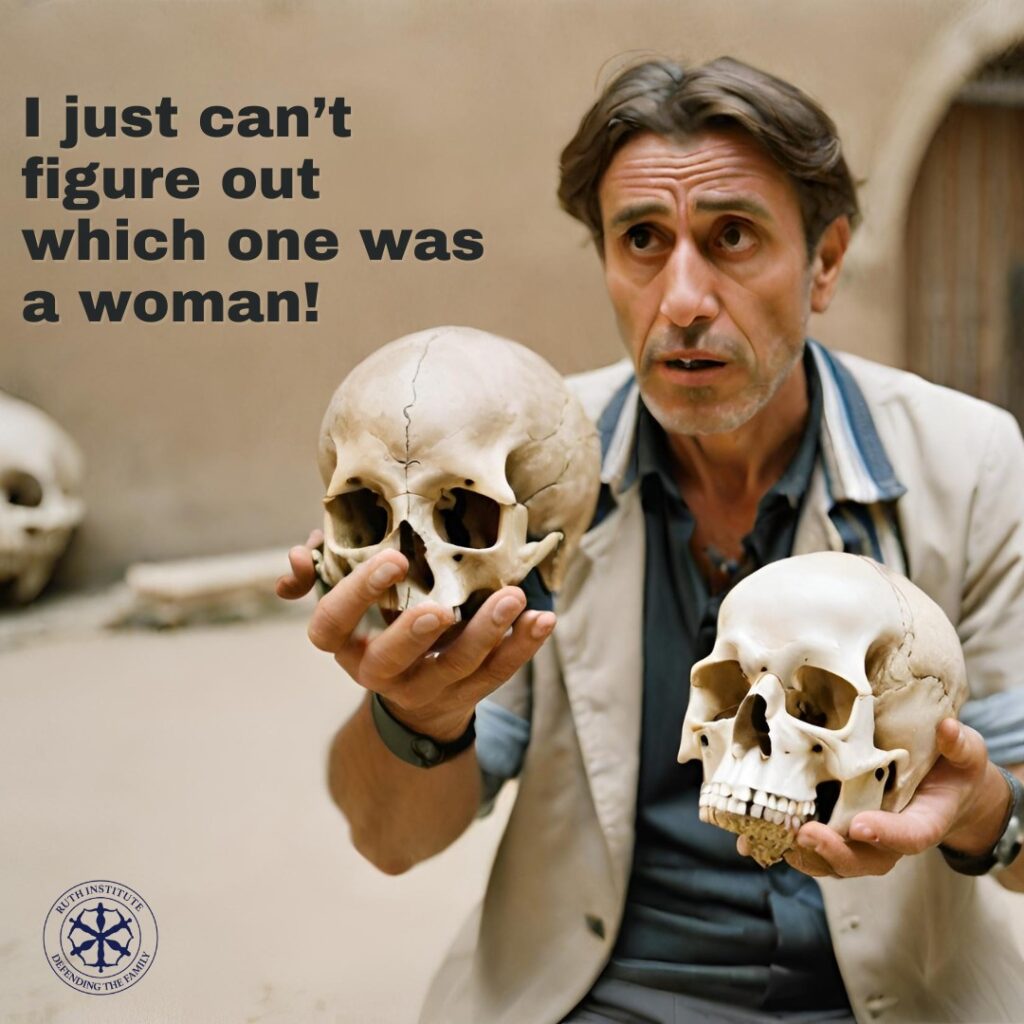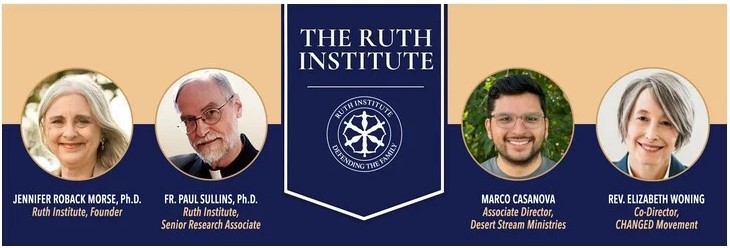COMMENTARY: Ideology is trumping the free exchange of ideas, open inquiry and the scientific method itself.
by Jennifer Roback Morse and Betsy Kerekes October 11, 2023 at National Catholic Register

The American Anthropological Association (AAA) recently rejected a proposed session from its annual meeting. The board released a statement titled, “No Place for Transphobia in Anthropology: Session Pulled From Annual Meeting Program.” The removed session was called, “Let’s Talk About Sex, Baby: Why Biological Sex Remains a Necessary Analytic Category in Anthropology.”
This incident is one of a growing number of instances in which ideology trumps the free exchange of ideas, open inquiry and the scientific method itself.
The AAA stated:
“The session was rejected because it relied on assumptions that run contrary to the settled science in our discipline.” Those contrary ideas are, “namely, that sex and gender are simplistically binary. … Such efforts contradict scientific evidence.”
In the face of a statement like that, it is fair to ask, what “settled science?” What kind of scientific evidence are we talking about?
Anthropology is the study of humans throughout history. Did these anthropologists all of sudden find out that Lucy was transgender or nonbinary? No. For as long as life has been studied, there have been two and only two sexes — in all mammal species.
The AAA stated:
“Around the world and throughout human history, there have always been people whose gender roles do not align neatly with their reproductive anatomy. There is no single biological standard by which all humans can be reliably sorted into a binary male/female sex classification.”
Some girls are tomboys. Some boys like playing with dolls. On what basis do we conclude that boyish girls are not girls or that boys toward the feminine end of the spectrum are not boys?
What is the biological evidence for sexes other than male and female? The small number of individuals with disorders of sexual development are not a “third sex.” Their reproductive systems are generally impaired in some way, making the designation “disorders” of sexual development perfectly apt. These are medically diagnosable, objectively observable conditions.
The vast majority of people claiming a transgender identity have psychological issues, including mental-health issues. Many of them have experienced abuse. They need psychological help, not new labels for new “sexes.”
The idea of there being more than two genders, or that the sex of the body isn’t obvious at birth, except in very rare cases, is only recently a widespread fad. Yet the powers that be at the AAA call this new, nonbinary approach “settled science.”
Is the treatment of these conditions “settled science?” Why, then, have European countries like Sweden, Finland, France, Norway and the U.K. begun to back away from medical interventions as the first line of treatment for these conditions? Why are detransitioners suing their doctors? That doesn’t sound like “settled science.”


